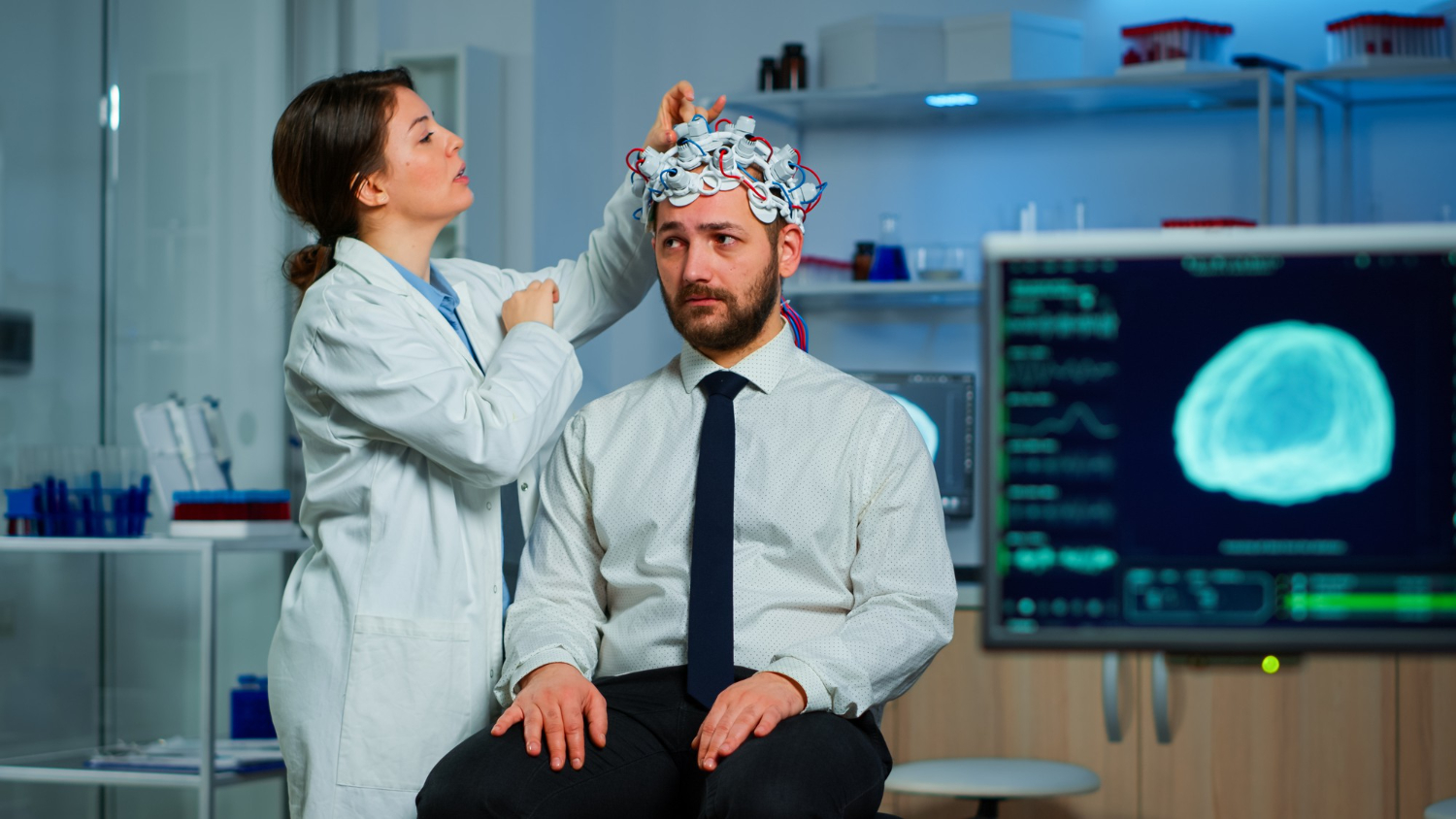In case you feel that there is something wrong with your brain or your nervous system is getting besieged; you must see a doctor. It would be nice if you speak with neurologists because they are doctors who diagnose as well as treat issues with the brain and nervous system. These people never really do surgery. Actually, a neurologist has a minimum of a college degree and four extensive years of medical school coupled with a one-year internship and even three years of special training in neurology.
It might interest you that various individuals even spend extra time learning about a specific field such as movement disorders, pain management or more. These days if you want you can even avail online neurologist consultation and ensure that you discuss your condition with the expert right from your home. Anyhow, this post will get you an idea about everything.
Table of Contents
There are numerous conditions that a neurologist treats and some of these areas under:
- Brain tumour
- Alzheimer’s disease
- Amyotrophic lateral sclerosis (als or lou gehrig’s ailment )
- Extensive back pain
- Strokes
- Pinched nerves epilepsy brain and spinal cord injury or even infection
- Headaches
- Seizures
- Tremors (uncontrollable movements)
Such are a couple of the many conditions that these neurologists can help you with. Once you visit a neurologist, he or she is going to talk with you about your medical history and the signs you might have. You may also go through a physical test that concentrates on your brain as well as nerves.
The neurologist could check you’re:
- Speech
- Vision
- Coordination
- Mental status
- Strength
- Sensation (capability to feel things)
- Reflexes
The neurologist will get a great idea of your diagnosis from the overall examination he performs, but you might also require other tests as well to confirm it. Remember depending on your symptoms and signs, such tests can include:
- urine as well as blood tests to hunt for toxins, infection or even protein disorders.
- A full study of your brain function is called an electroencephalogram or eeg. It gets undertaken in case you have seizures. Small patches known as electrodes are kept on your scalp, and they are associated with a machine via wires. The machine will record the electrical activity within your brain
- Imaging tests of your brain or spine to search for brain damage, tumours or issues with your nerves, blood vessels, , or discs.
- An order of tests known as evoked potentials to measure your brain’s response to stimulation of your vision, hearing, and even particular nerves. These are rather like an eeg except your expert is going to make sounds or flash lights to see how your brain might respond.
- There can even be a test of the communication between the muscle and a nerve it acts with known as an electromyogram, or even emg. It is undertaken with electrodes on the skin or simply a needle gets put into a muscle.
- At times even a tiny amount of fluid gets taken from your spine to look out for blood or infection. It is called a spinal tap or just lumbar puncture.
If you are wondering, when should you go to see a neurologist then keep on reading to get an idea:
Neuropathic pain
Neuropathic pain about the ache that takes place when nerves get damaged from wounds or ailments. Diabetes can trigger such nerve damage. The ache or pain could be sharp, firing or burning. You could even have neuropathic pain because of damage to the brain or even spinal cord. Such a type of pain might take place after a simple stroke. Neuropathic pain never becomes better with common painkillers or even pain medicine. A neurologist might help you in finding the best solution.
The problem of seizures
Seizures are simply disturbances in the brain. These can trigger unusual sensations, unrestrained movements, or even loss of consciousness. To hunt the cause of the issue, a neurologist might do brain testing and even imaging. At times treating the trigger stops the seizures. However, some conditions that cause seizures are such as epilepsy and it might be long-term. There are numerous medications that can avert or reduce seizures. There are even diverse types of procedures that could be helpful. A neurologist would advise you the best possible treatments or solutions for your cure.
Extreme migraines
In case you experience severe and frequent headaches then it could be a common reason to see a neurologist. In various instances, they are migraine headaches. These migraines can happen often and last from long hours to days. You could experience throbbing pain. You even might feel nauseous and get sensitive to strong scents, light or even loud sounds. Seeing a neurologist would help you diagnose the issue and resolve it.
Conclusion
To sum up , you can opt for online neurosurgeon consultation and ensure that you get the remedy for your health condition. After all, timely consultation can avert a big health problem!


